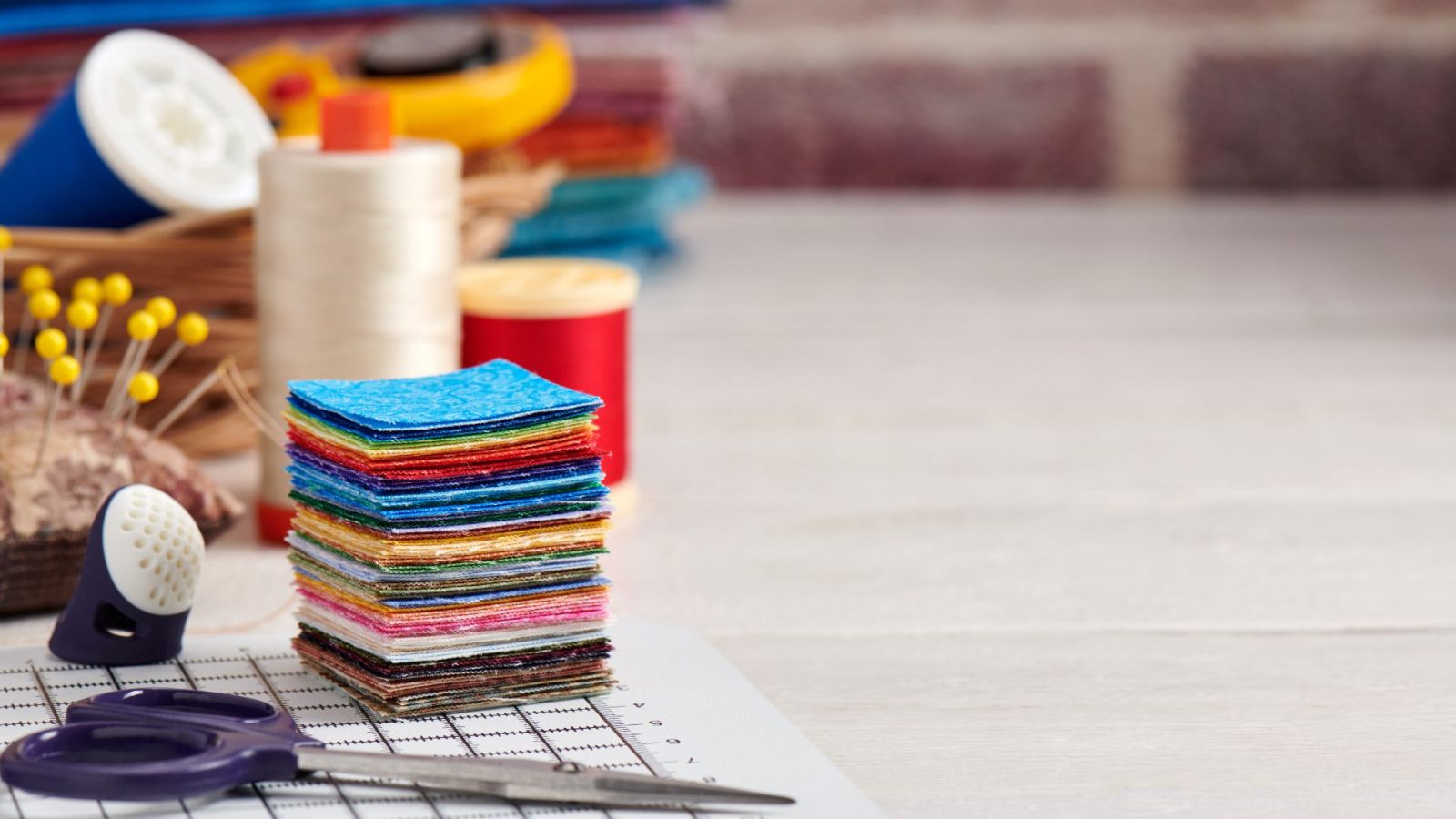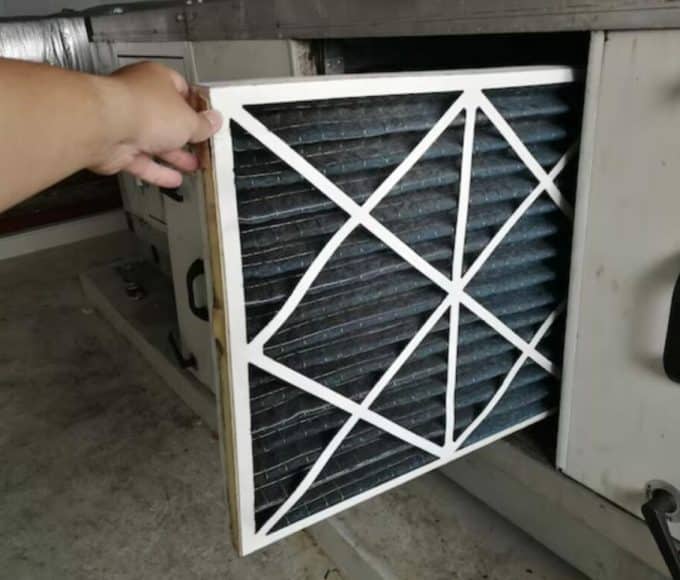Quilting is a blend of creativity and precision; well-maintained tools play a huge role in your success. Neglecting basic care can lead to dull tools, poor stitching, and even damaged fabrics. Taking a little time to care for your tools will save you both frustration and money. From rotary cutters to sewing machines, this listicle will guide you through practical steps to keep your quilting essentials in top shape.
Cleaning Your Rotary Cutter
A rotary cutter is one of the most essential accessories all quilters must have, so keeping it clean ensures consistent, precise cuts. After every few uses, disassemble the cutter carefully and wipe the blade with a soft cloth or alcohol wipe to remove lint and fabric dust. Check for nicks or dullness, as these can affect your cutting accuracy. Replace the blade promptly if it struggles to slice smoothly. Also, clean the handle and surrounding areas to keep everything in top-notch condition.
Oiling Your Sewing Machine
Your sewing machine can make or break your quilting experience, but it requires periodic maintenance to function flawlessly. Regularly oil key parts as outlined in your machine’s manual. Use sewing machine oil and apply it sparingly to the designated areas to avoid over-oiling. Before oiling, dust the bobbin case and other accessible sections with a small brush or vacuum attachment to remove fabric lint. Run a few stitches on a scrap piece of fabric after oiling to ensure smooth operation.
Caring for Your Quilting Rulers
Quilting rulers are crucial for precise measurements and cuts, yet they often end up with smudges or scratches. Wipe them down regularly with a damp cloth and mild soap to remove markings or buildup. Avoid using harsh chemicals, as they can damage the ruler’s surface. To prevent warping or cracks, store rulers flat or hang them in a cool, dry area away from direct sunlight. This simple habit keeps them functional and extends their lifespan.
Maintaining Your Quilting Needles
A worn or damaged needle can lead to skipped stitches or fabric snags, so knowing when to replace it is key. Change your needles after every quilt project or anytime you notice slight resistance while sewing. Keep various needle sizes on hand for your quilting toolkit to match different fabric weights. Storing needles in a pinch-proof case avoids unnecessary wear and keeps your workspace safe.
Storing Your Fabric Properly
Fabric storage isn’t just about neatness but protecting your investment. Fold your fabric neatly and store it in plastic bins or drawers to shield it from dust and moisture. To prevent fading, keep materials away from direct sunlight. If you prefer open shelving, dust fabric stacks regularly. Avoid stacking your heaviest fabrics on top of lightweight ones to prevent creasing or misshaping. Your fabrics stay as vibrant as the day you bought them.
Quilting is far more enjoyable and productive when your tools are in great condition. By dedicating a little time to maintaining items like your rotary cutter, sewing machine, quilting rulers, needles, and fabric storage, you’ll extend their longevity and improve your overall quilting experience. Now is the perfect time to revisit your toolkit’s condition and make it a habit to care for your quilting essentials. Start with a quick clean or tool check today and feel the difference in your next project!
Recommended: 5 Things in Your Home That Are Making Your Allergies Worse















